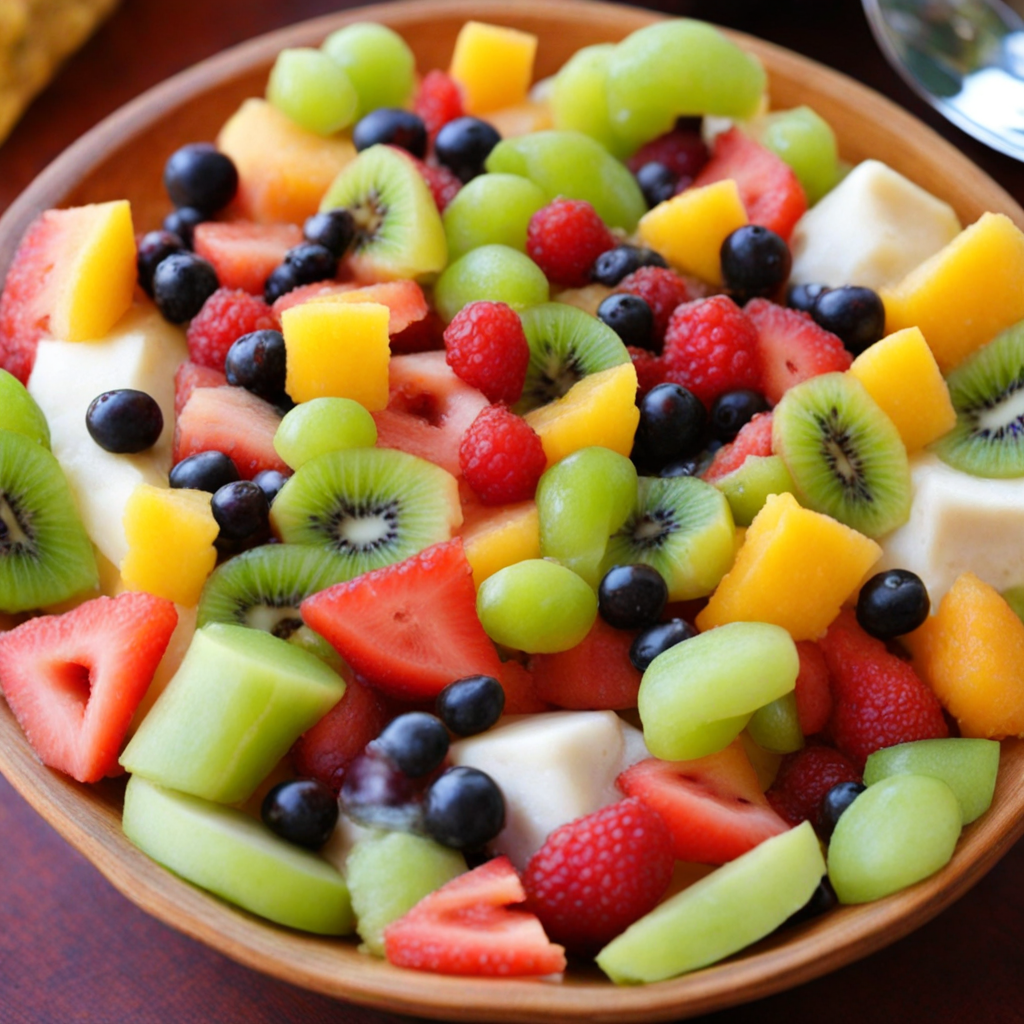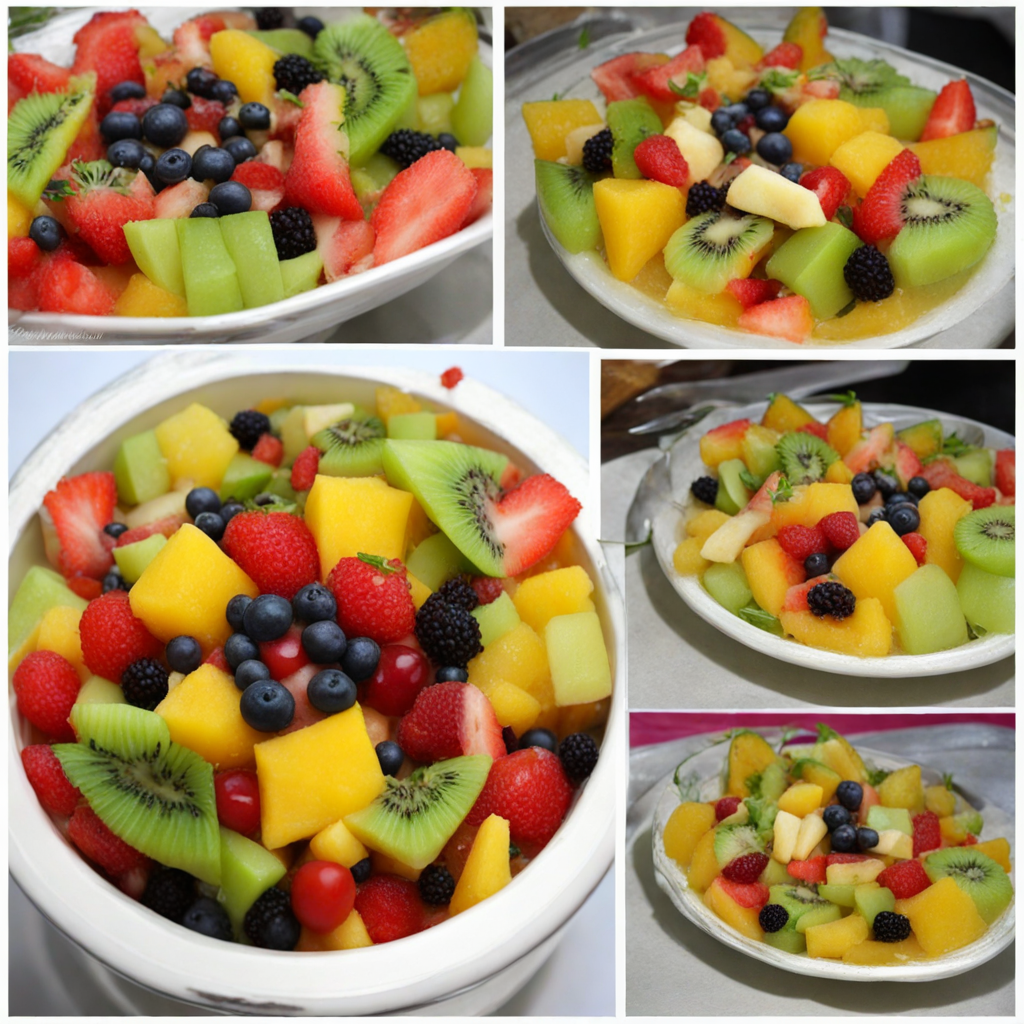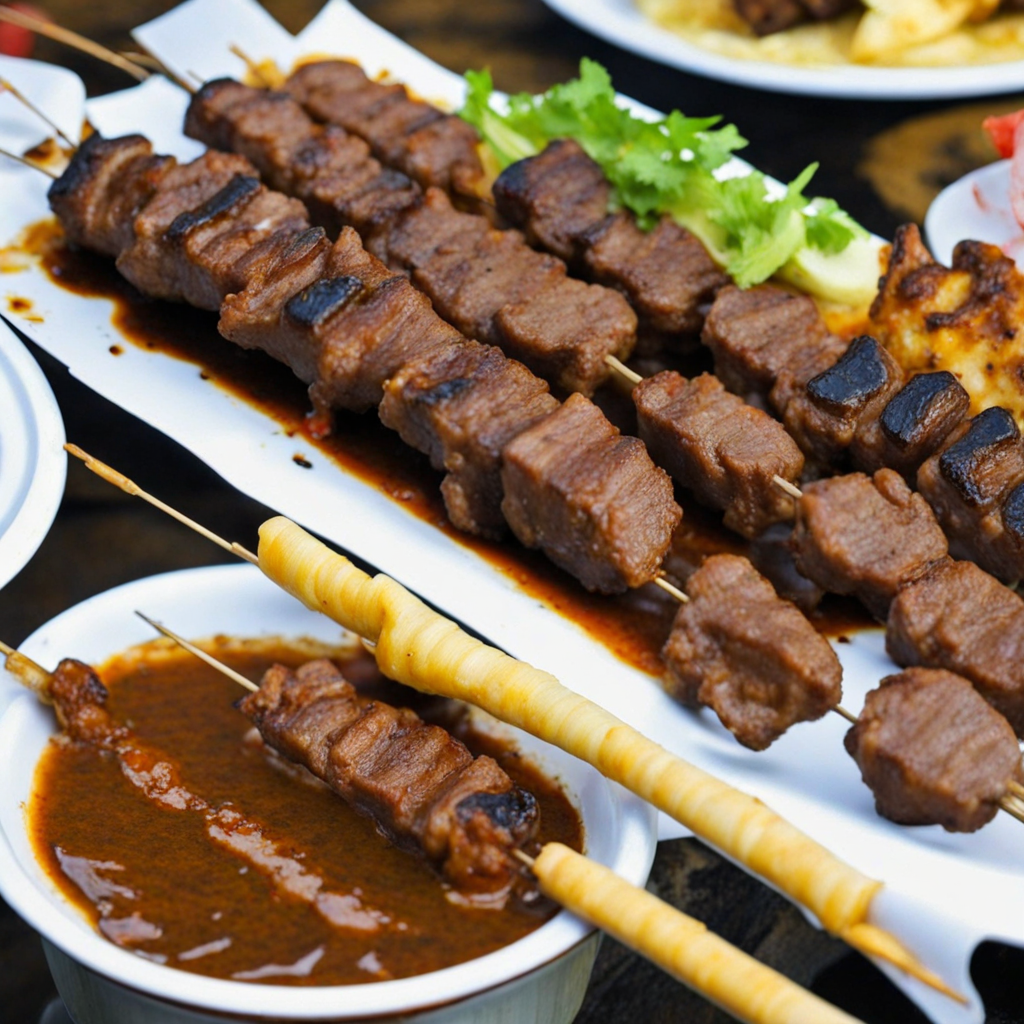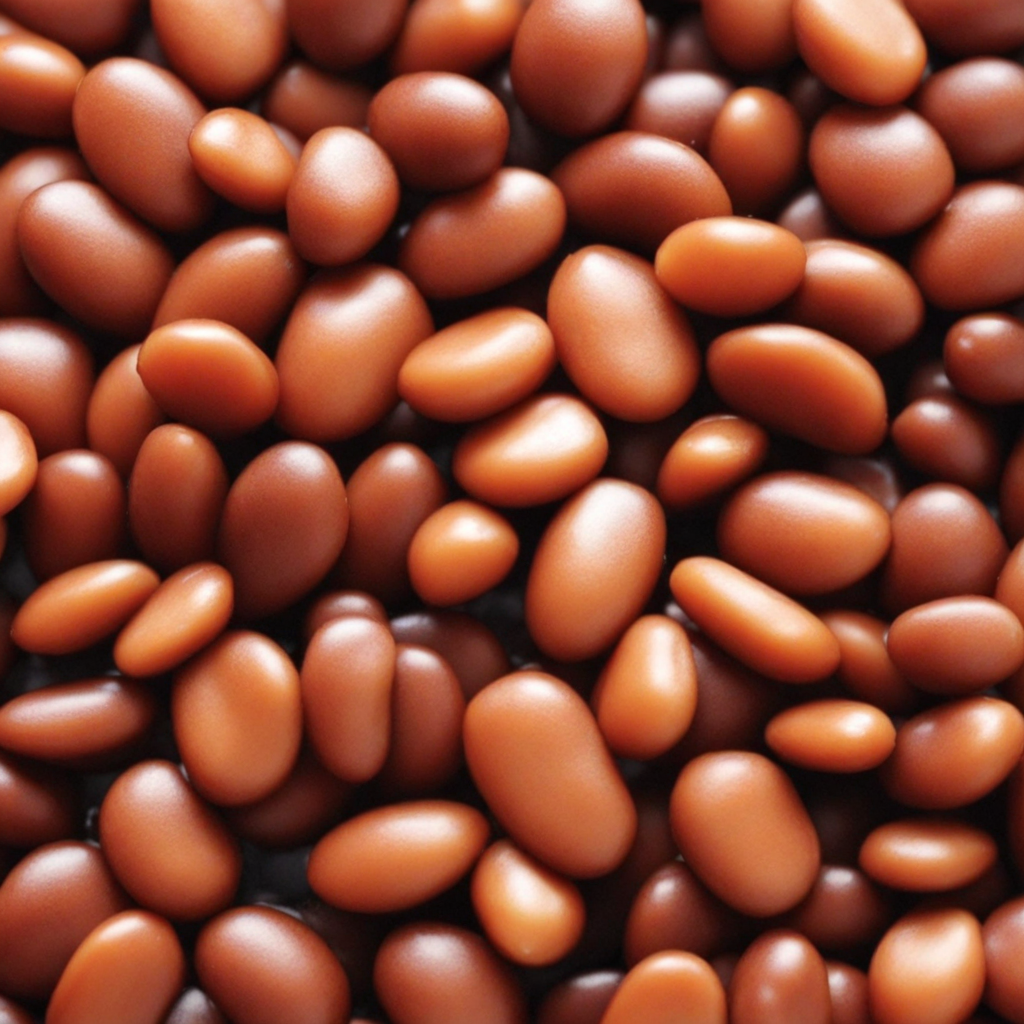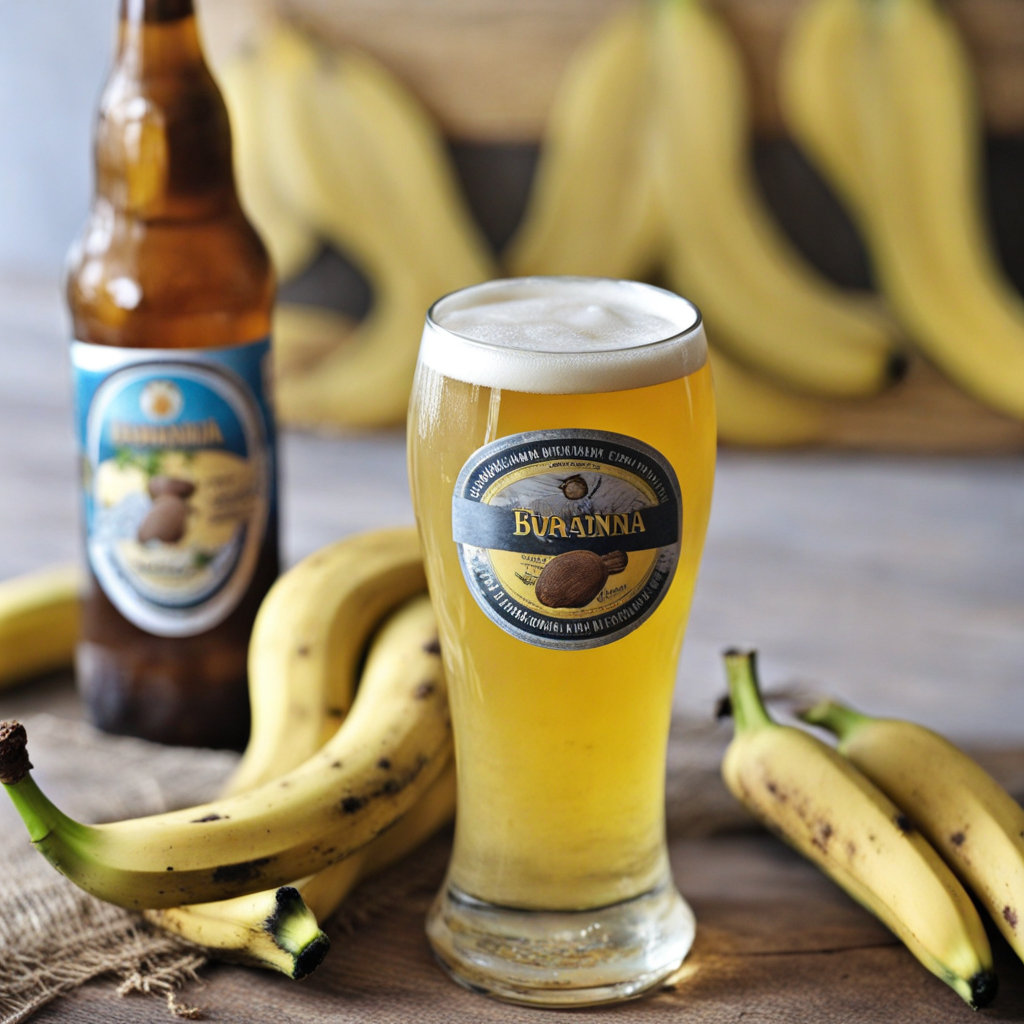Fruits Salad
Fruits Salad from Burundi is a vibrant and refreshing dish that celebrates the rich agricultural bounty of the region. This delightful medley typically features a variety of locally sourced fruits, such as ripe bananas, juicy mangoes, and sweet pineapples, all of which are known for their exceptional flavors and natural sweetness. The fruits are often cut into bite-sized pieces, allowing for a colorful presentation that invites you to dive in and enjoy the tropical essence of Burundi's landscape. The unique aspect of Burundian Fruits Salad lies in its simplicity and the freshness of its ingredients. A drizzle of freshly squeezed lime or lemon juice enhances the flavors, adding a zesty kick that balances the sweetness of the fruits. Some variations may include a sprinkle of grated coconut or a handful of nuts, such as peanuts, providing a delightful crunch and an extra layer of texture. This dish is not only a feast for the eyes but also a nutritious option that embodies the spirit of healthy eating, perfect for warm climates or as a light dessert. In Burundi, Fruits Salad is often enjoyed as a communal dish, bringing people together to share in the joy of good food. It can be served at celebrations, family gatherings, or simply as a refreshing snack on a hot day. The combination of flavors and the emphasis on fresh, seasonal produce make this dish a wonderful representation of Burundian cuisine, inviting anyone who tries it to experience the essence of the country's natural sweetness and vibrant culture.
How It Became This Dish
Salade de Fruits: A Journey Through Burundi's Culinary Heritage Origins of Salade de Fruits Salade de Fruits, or fruit salad, is a beloved dish enjoyed in various forms across the globe. However, in Burundi, this refreshing and vibrant dish takes on unique characteristics that reflect the country’s rich agricultural heritage and cultural traditions. The origins of Salade de Fruits in Burundi can be traced back to the country's lush landscapes, where a variety of fruits flourish due to the temperate climate and fertile soils. Burundi is located in East Africa, bordered by Rwanda, Tanzania, and Lake Tanganyika. The country's diverse topography ranges from mountainous regions to flat plains, creating a rich tapestry of ecosystems that support an array of fruit-bearing plants. Traditional Burundian agriculture has long included bananas, mangoes, papayas, avocados, and various berries, making these fruits readily available to local communities. Historically, Burundians have cultivated these fruits not just for sustenance but also for their nutritional value and medicinal properties. In the past, fruit was often consumed fresh or dried, providing essential vitamins in a diet that relied heavily on staples like beans and cassava. The practice of creating fruit salads likely emerged as a way to celebrate the abundance of seasonal fruits, allowing families to enjoy a medley of flavors while also ensuring minimal waste in their households. Cultural Significance In Burundi, food is deeply intertwined with culture and social life. Salade de Fruits is more than just a dish; it is a symbol of hospitality, celebration, and community. Often served at special occasions such as weddings, family gatherings, and festive holidays, this fruit salad embodies the spirit of togetherness and joy. Within Burundian culture, the act of sharing food holds significant meaning. When a Salade de Fruits is presented, it is often seen as an offering of goodwill and an invitation to connect with others. The vibrant colors of the fruits reflect the country's rich cultural heritage and diversity, symbolizing unity among the various ethnic groups in Burundi, including the Hutu, Tutsi, and Twa people. Each community has its own variations of the dish, often incorporating locally sourced fruits and traditional flavors. The preparation of Salade de Fruits is often a communal activity, where family members gather to chop, mix, and share stories. This collaborative process fosters family bonds and reinforces cultural traditions, as recipes are passed down through generations. Many Burundians consider it a rite of passage for younger family members to learn the art of preparing this dish, ensuring that the cultural significance of food is preserved. Development Over Time As Burundi has evolved through the years, so too has Salade de Fruits. The introduction of global trade routes and the influence of colonial powers brought new fruits and flavors to the region. Exotic fruits such as oranges and pineapples started to appear in Burundian markets, further expanding the possibilities for fruit salads. In the late 20th century, as Burundi faced political upheaval and conflict, the importance of communal meals like Salade de Fruits became even more pronounced. Food served as a means of bringing people together, fostering dialogue, and rebuilding community ties. During this tumultuous period, the simple act of sharing a colorful fruit salad became a silent yet powerful statement of resilience and hope. In contemporary Burundi, Salade de Fruits remains a staple in households and restaurants alike. With the rise of tourism, chefs have begun to experiment with the dish, incorporating international influences while staying true to its roots. Today’s versions may include a mix of traditional fruits alongside imported varieties, and they can be dressed with local honey, mint, or lime juice to enhance the flavors. Moreover, as health consciousness continues to grow globally, Salade de Fruits is celebrated not only for its taste but also for its nutritional benefits. It is a popular choice for those seeking healthy snacks or light meals. In many Burundian homes, the salad is prepared using organic fruits from local markets, showcasing the country's commitment to sustainability and the importance of fresh ingredients. Conclusion Salade de Fruits is more than just a delightful combination of fresh fruits; it is a reflection of Burundi’s agricultural wealth, cultural identity, and communal spirit. The dish has evolved over time, adapting to changing circumstances while maintaining its significance in Burundian society. As we look to the future, Salade de Fruits will undoubtedly continue to be a cherished dish in Burundi, serving as a bridge between generations and a testament to the resilience and creativity of its people. Whether enjoyed at a family gathering or a festive celebration, this vibrant fruit salad will always hold a special place in the hearts and homes of Burundians, reminding them of their rich culinary heritage and the importance of sharing food as a means of fostering community and connection.
You may like
Discover local flavors from Burundi


